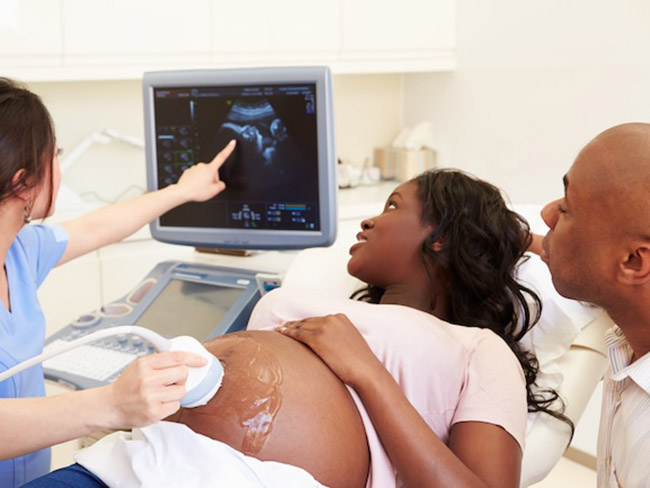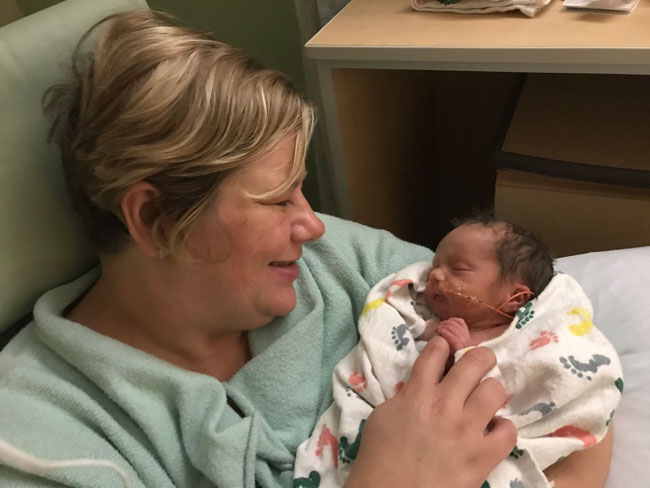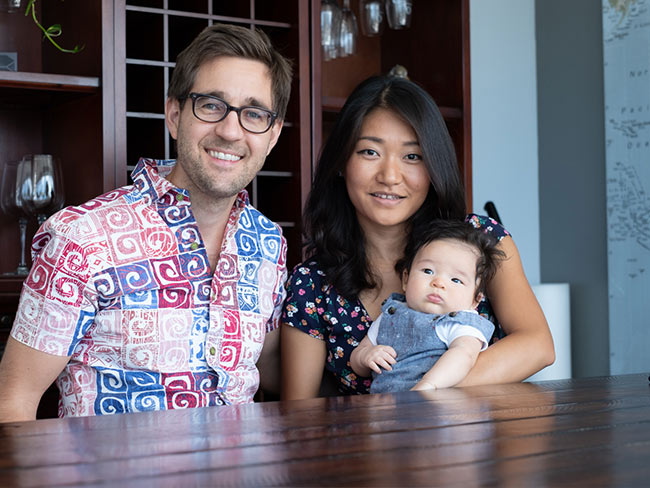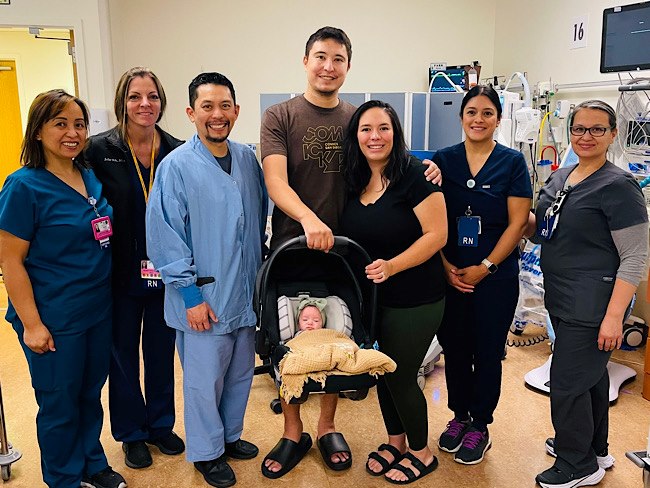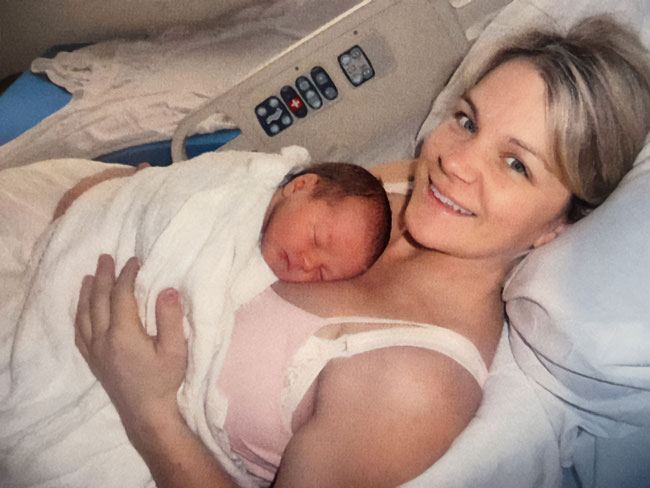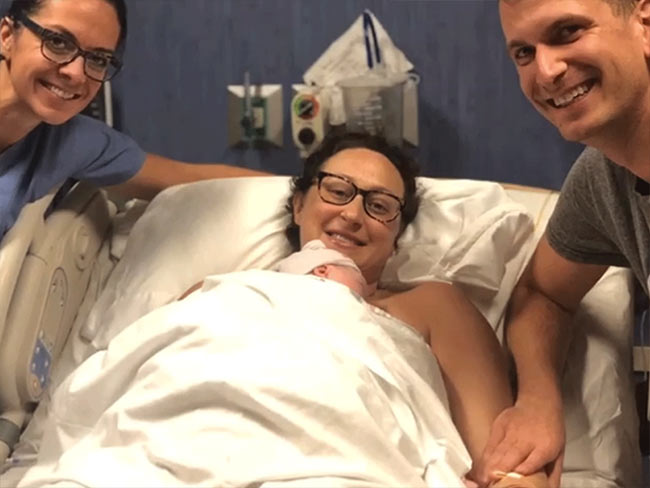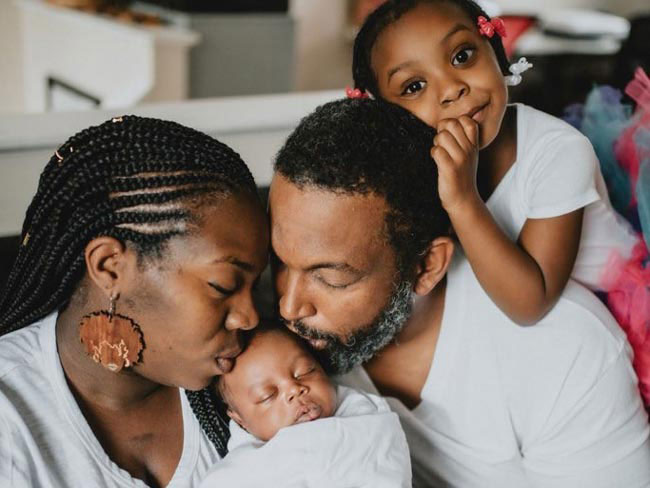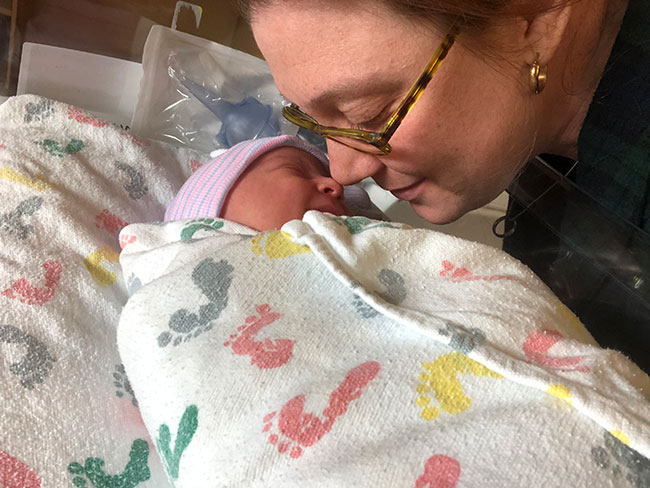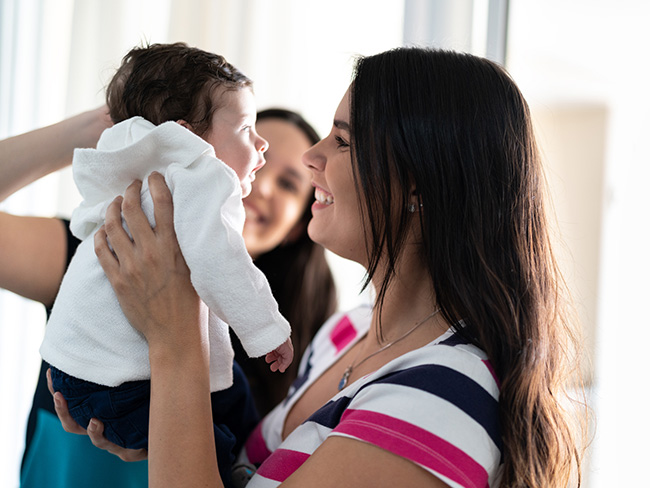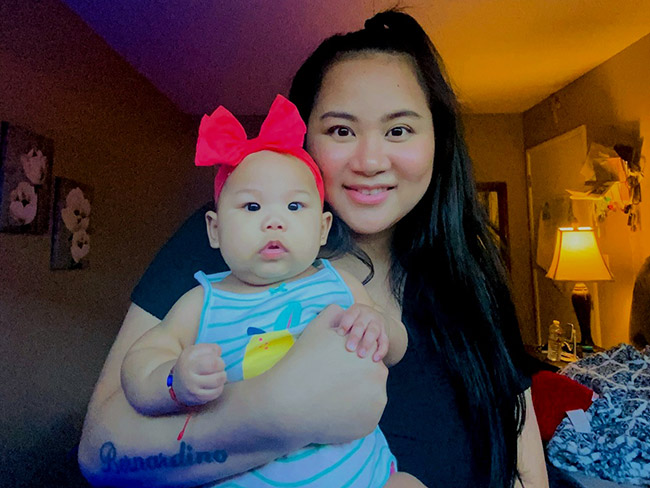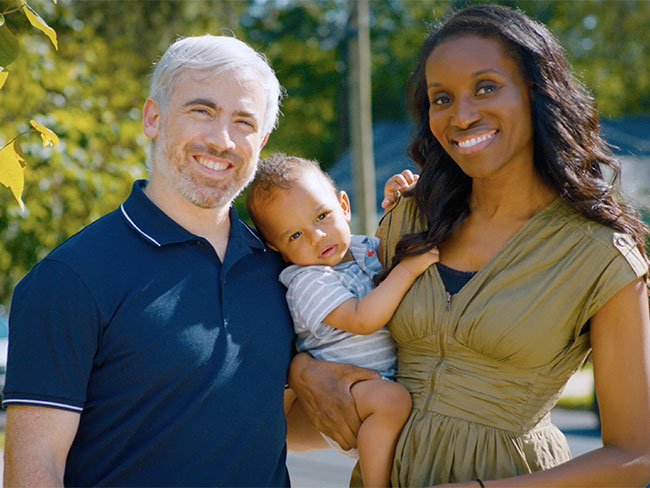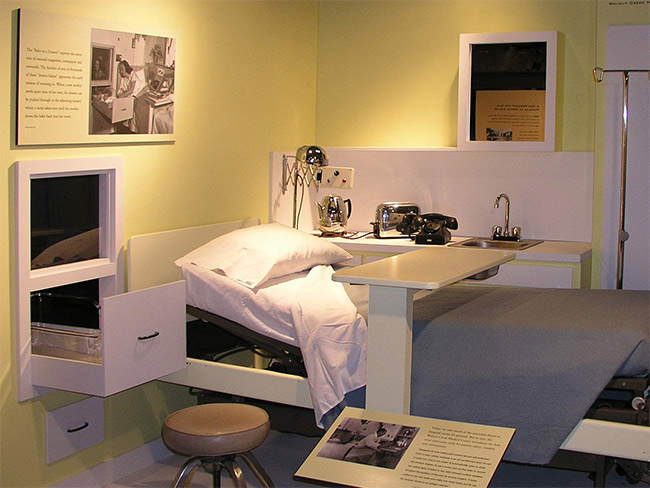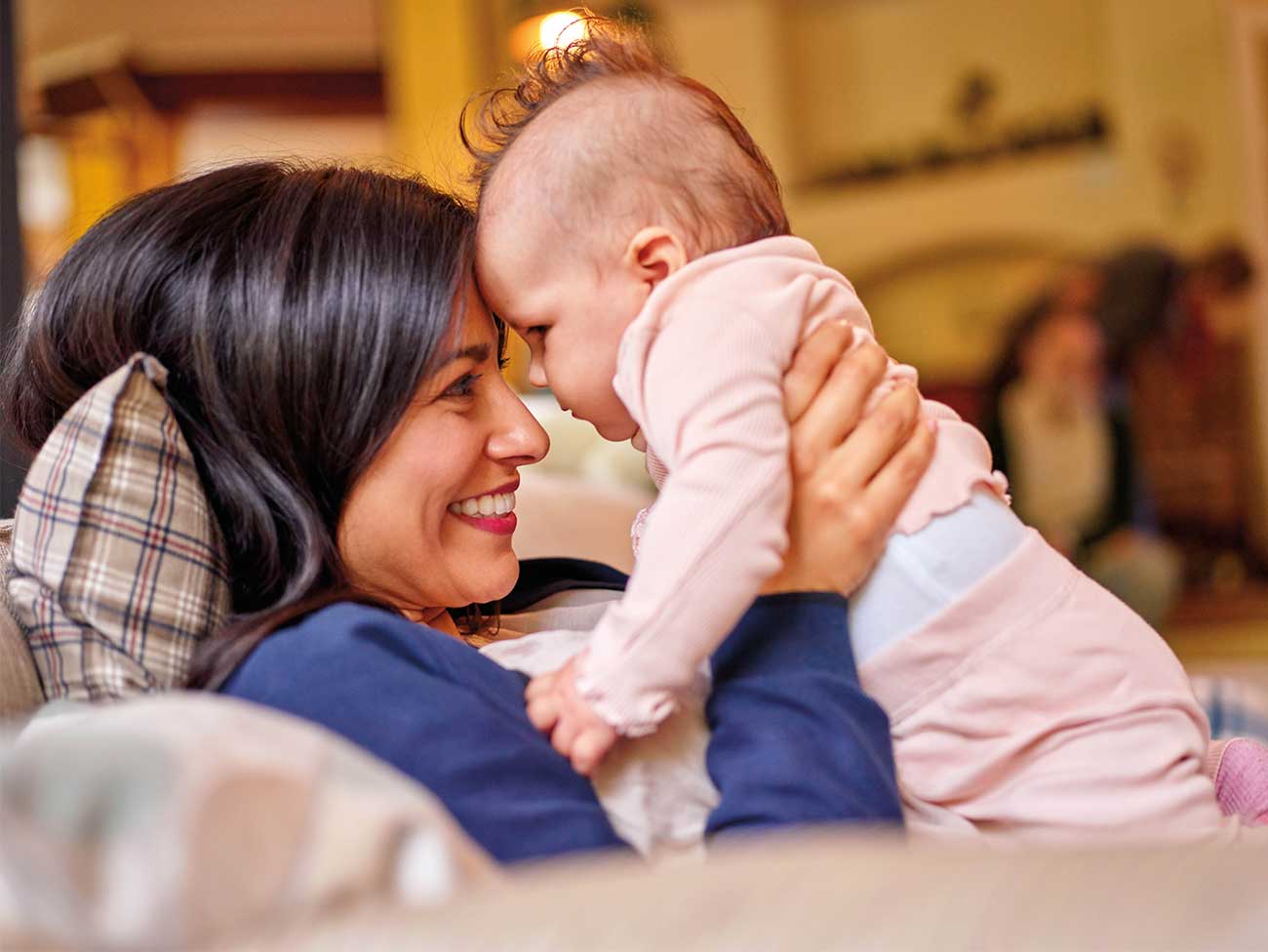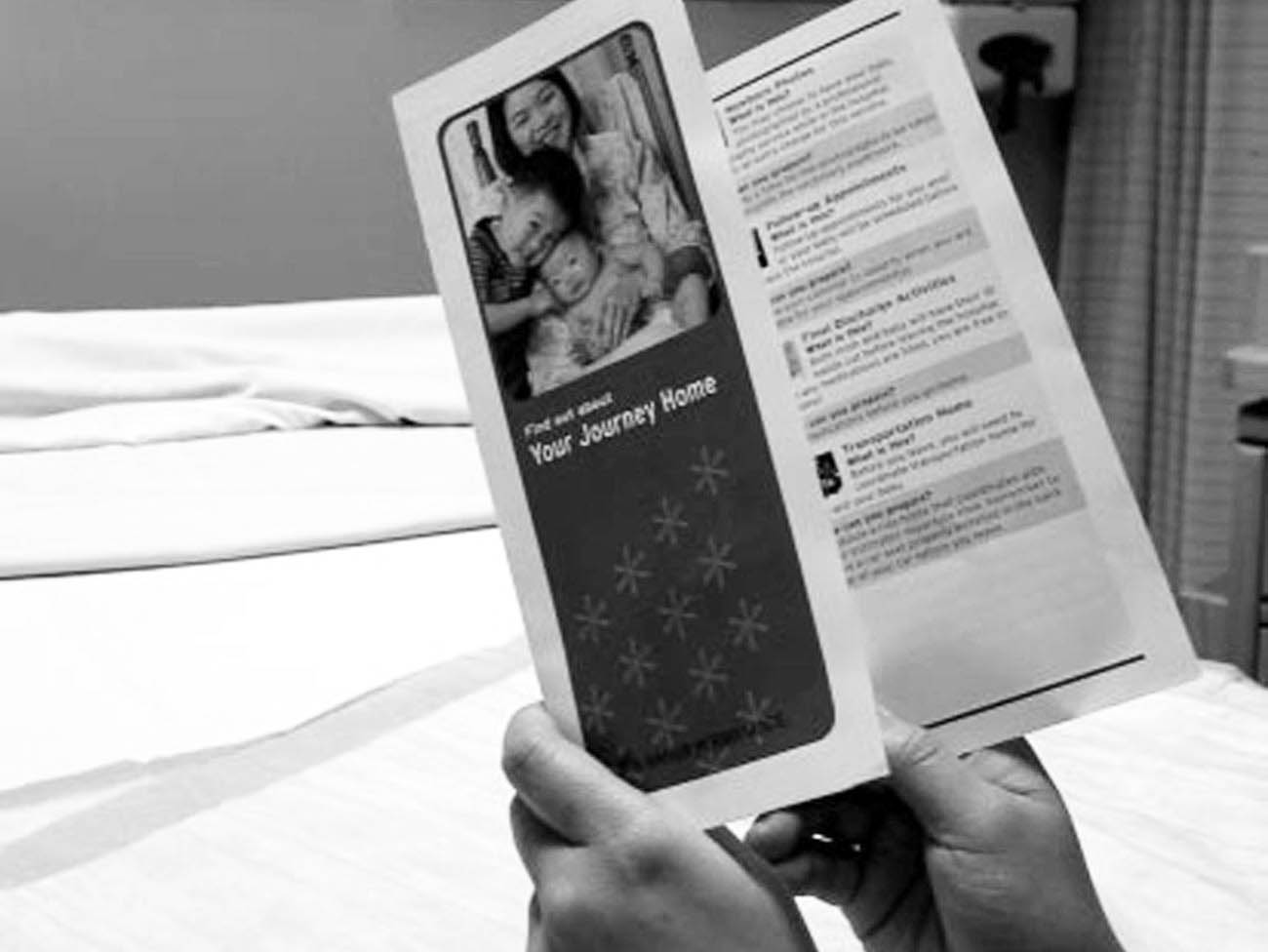Expecting parents find community and support in group visits
Maureen McLoughlin’s experience with care in a group setting gave her the connection and emotional support she needed.
New parents Maureen McLoughlin and Matt Frager from Portland, Oregon, found support during pregnancy by socializing and sharing with others who were expecting.
Sometimes, the best thing someone who is expecting can do when they have questions about pregnancy is to ask a friend who can relate. The Centering Pregnancy program at Kaiser Permanente makes it easier for people to do just that.
“The group meetings were awesome,” said Maureen McLoughlin, from Portland, Oregon, who went through the program and had her first baby in April 2024. “It was equal parts getting to socialize with people who are experiencing something similar to you, and talking about topics, depending on what stage of pregnancy you’re in.”
Centering Pregnancy is a nationally recognized model for prenatal care provided in a group setting. Members and their partners come together in groups who are in roughly the same stage of pregnancy. Together, they learn what to expect as their families grow.
Reassurance and encouragement
“The value of this program cannot be overstated,” said Angela Chiodo, a certified nurse-midwife who helped bring the model to Kaiser Permanente in 2016.
It’s about the reassurance and encouragement, the normalization of everything you’re going through, the collective resources you gain, the emotional support, that feeling that you’re not alone. Angela Chiodo, Kaiser Permanente certified nurse-midwife
“It’s about the reassurance and encouragement, the normalization of everything you’re going through, the collective resources you gain, the emotional support, that feeling that you’re not alone,” she said.
At each visit, members have one-on-one time with a clinician to do a checkup and discuss any private concerns. Then the group comes together to talk in conversation led by a nurse-midwife. Topics include exercise, nutrition, stress, signs of labor, breastfeeding, new baby care, and issues that might arise after delivery.
Shared questions and answers
Through the program, clinicians and patients spend about 18 hours together in total. This is about 10 times more time than they’d get with standard 15-minute monthly office visits. The group setting also inspires people to raise questions they might not think to ask.
“You don’t know what you don’t know,” said McLoughlin. “People would ask questions that were really interesting and helpful and that inspired other questions and discussions.”
Involving partners benefits everyone. Patients feel more supported, and partners know more about what to expect, said Lisa Goolsby, the program coordinator.
“It was nice having both people learning the same things, so it’s not just the mom who has to learn about stages of labor or postpartum mood disorders,” said McLoughlin. “And dads could ask questions, like how to support partners during breastfeeding.”
Healthier outcomes through community
As people had their babies, they’d come back to the group and tell their birth stories, which McLoughlin said helped the moms feel even better prepared for the possibilities that come with labor and delivery.
This model is proven to result in better health outcomes, according to Chiodo. That means lower rates of preterm birth, higher breastfeeding rates, and fewer triage visits. It also reduces some of the health care disparities that negatively affect people of color and other underserved populations.
An added benefit is that the groups’ bonds last far beyond birth.
“These groups have 1-year-old birthday parties or do nanny-shares together,” said Chiodo. “A long-lasting community is built, which is one of the best things we can do for our patients in terms of social determinants of health.”
McLoughlin says her group stays in touch with a group chat. And now that all of their babies have arrived, they’re planning a get-together with their newly expanded families.
Learn more about Kaiser Permanente’s Centering Pregnancy program.
